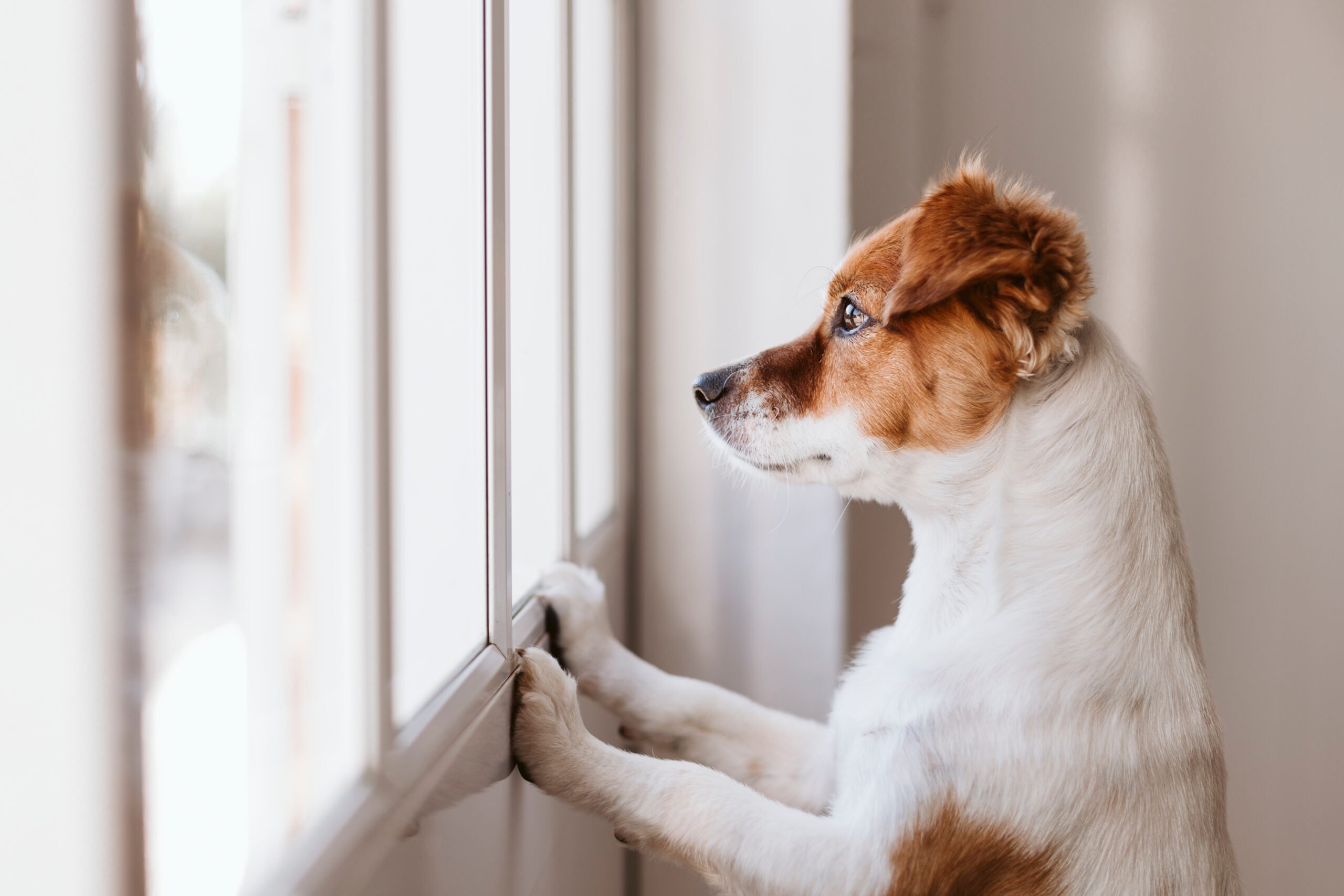Protecting Your Pets from Poor Air Quality

Table of Contents
As any dog owner knows, our furry friends are much more than just pets. They’re integral members of our families. And, just like we take steps to ensure the health and wellbeing of our human family members, it’s equally important to care for our four-legged ones. One aspect of their health that’s often overlooked is how bad air quality, caused by city smog or wildfire smoke, can affect them. Protecting your pets from poor air quality, however, is a must.
Dogs and cats are just as susceptible—if not more so—to the detrimental effects of poor air quality. Their smaller lungs and faster breathing rate make them more vulnerable to respiratory diseases. To keep your pet healthy and safe, here’s what you need to know about protecting them from the adverse effects of poor air quality. And if you believe your pet may have been affected by poor air quality, remember to seek veterinary care immediately.
Protecting Your Pets from Poor Air Quality
1. Keep Them Indoors
Limit outdoor activities on days when the air quality is poor. This is particularly true for pets with existing respiratory or cardiovascular diseases, puppies/kittens, and senior dogs/cats. Instead of long walks or outdoor play, engage your pet in indoor activities that keep them mentally stimulated and physically active. Interactive toys, hide and seek games, or short obedience training sessions can provide much-needed exercise while keeping them away from harmful air particles.
2. Ensure Your Home’s Air Quality
Ensure your home’s indoor air quality is optimal. Investing in air purifiers with HEPA filters can help filter out harmful particles and improve the overall air quality in your house. Make sure the filters in your heating, ventilation, and air conditioning (HVAC) systems are clean and functional. You can also consider keeping windows and doors closed during periods of bad air quality to prevent outdoor pollutants from entering your home.
3. Stay Informed
Stay updated about the air quality in your area by checking local news or installing air quality apps on your phone. Apps like BreezoMeter or Plume Labs: Air Report offer real-time air quality information, helping you decide when it’s safe to let your dog outside for a quick potty break or a short walk.
4. Consult with Your Vet
If your pet has pre-existing conditions, consult with your vet to understand what specific precautions you need to take. Pets with respiratory conditions or heart disease may need extra care or changes in medication during times of poor air quality.
5. Recognize Symptoms
Knowing what to look for is essential. Signs that poor air quality may be affecting your pet include coughing, wheezing, difficulty breathing, excessive panting, eye irritation, reduced appetite, and fatigue. If you notice these symptoms in your pet, seek veterinary care immediately.
6. Keep Them Hydrated
Hydration is crucial. Always ensure that your dog and/or cat has access to fresh, clean water. Staying hydrated helps keep their airways moist, which can help them cope with the effects of smoke and pollutants.
7. Use Face Masks
While it might seem odd, there are masks designed for dogs that can filter out smoke particles. If you live in an area prone to wildfires or heavy smog, it may be worthwhile to invest in one of these masks.
8. Maintain a Healthy Lifestyle
A healthy pet is a strong pet. Regular vet check-ups, a balanced diet, and regular exercise (when the air quality allows it) can contribute to a robust immune system capable of withstanding the adverse effects of poor air quality.
It’s clear that poor air quality due to wildfire smoke or city smog can pose significant risks to our animal friends. However, by staying informed, adapting your routines, and taking some simple precautions, you can protect your pet’s health and ensure they live a happy, healthy life, no matter where you reside.















